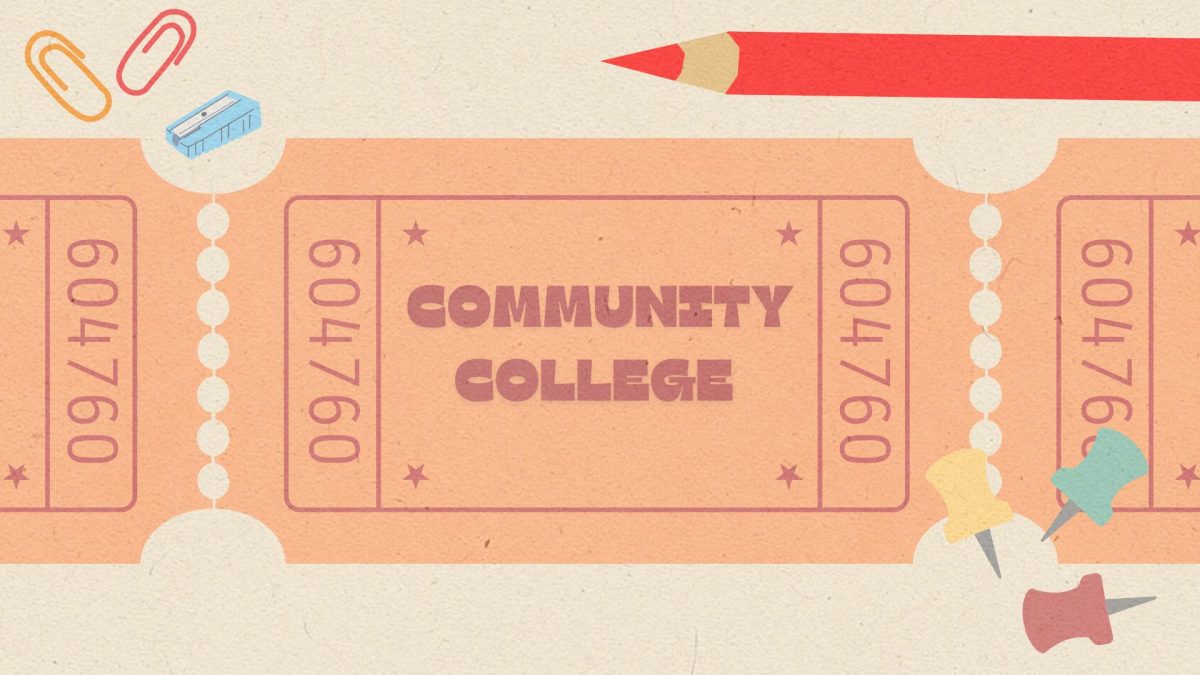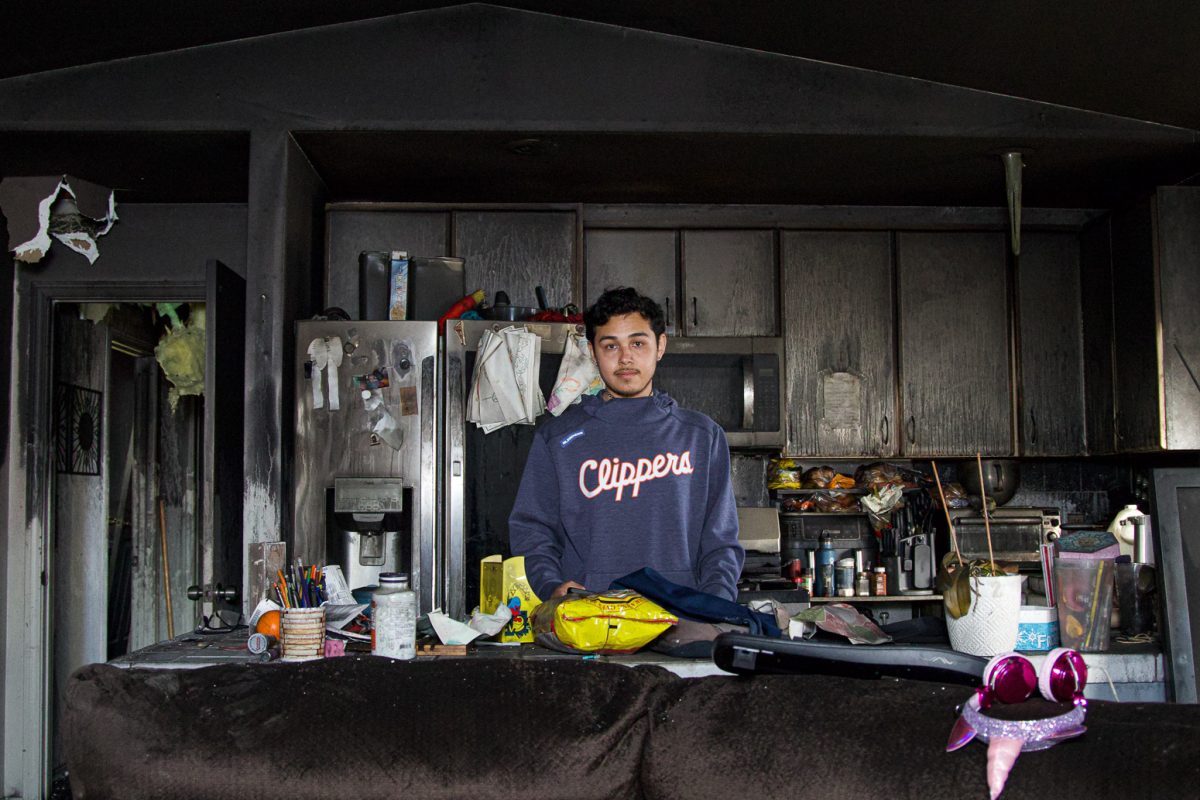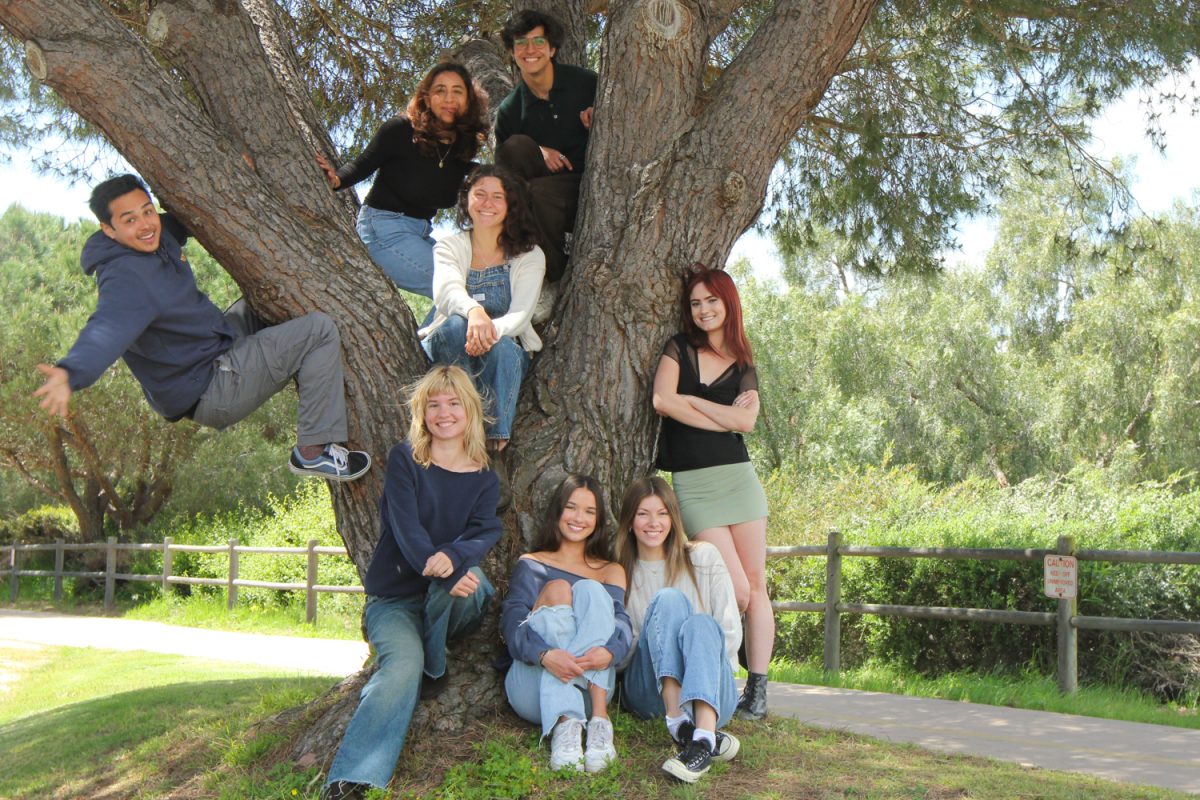 Football is one of the most romanticized American sports.
Football is one of the most romanticized American sports.
Responsibility, shared sacrifice and togetherness are values displayed by these athletes when they take the field for team, school and city.
The physical intensity every time the ball is snapped puts the players’ health at risk, and the inherent danger heightens tension and raises the emotional stakes for everyone involved.
In response to the global pandemic, the California Community College Athletic Association adopted its contingency plan delaying the start of all sports until January 2021.
While the postponement of the country’s favorite fall tradition comes as a shock to those who love sports, there is evidence across various levels that this is the right, most collectively prudent move for college football at this moment.
City College has not been immune from the worldwide reach of the virus, with three football players testing positive for the virus, forcing the team to quarantine and hold online-only meetings for at least 14 days.
Across the country, college football has been affected by the death of NCAA Division II student athlete Jamain Stephens due to COVID-19 complications and three NCAA Division I games have been postponed due to a high volume of positive tests amongst the teams.
A significant difficulty unique to football is the sheer number of people involved. The average City College football roster can have between 60 and 80 players along with a coaching staff of 12. When taking into account athletic trainers and other game day staff members in the team’s traveling group, the potential for exposure grows exponentially.
Schools lack the means and budgets of professional leagues like the NBA, NHL and WNBA who have opted to play in a ‘bubble’ environment where participants are housed in contained areas and tested daily.
Early action in suspending the seasons gave these leagues extra time to figure out how to practice and play in a way that limits any potential spread of infection among athletes and support staff.
It’s important to note the potential costs of delaying the season for student athletes, especially those aiming to play at a higher level.
The recruiting period is shortened, while an NCAA decision granting one extra year of eligibility for athletes could mean fewer scholarships available.
As someone who has previously called CCCAA games and currently calls high school football play-by-play, the idea of an autumn without football is a unique, empty feeling.
But when there are such high stakes involved with public health, holding off until 2021 is a move that limits potential exposure for everyone involved, and could ironically bring the football community together.
This safe and smart choice by the CCCAA will soon take its place as another romanticized moment in football’s history.







